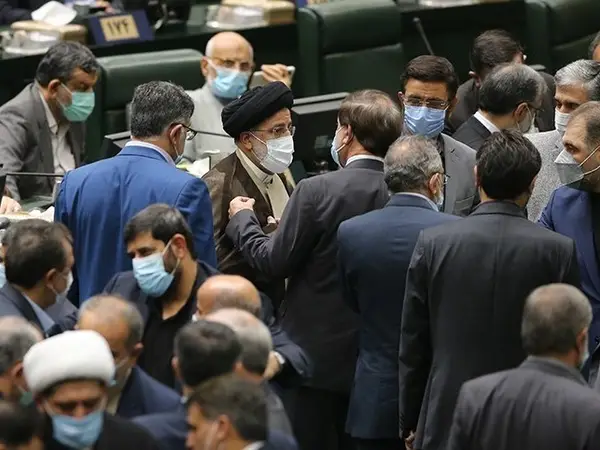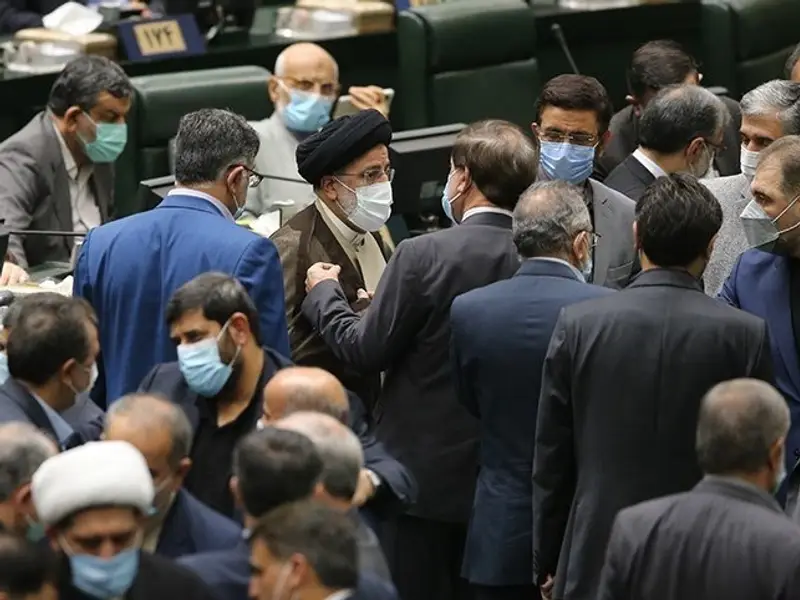Iran’s parliament decided Saturday to give 3.5 billion euros of crude oil “to individuals” to sell on the world market and give the proceeds to the military.
The decision, part of the new budget, does not specify which individuals will receive the oil to sell, nor there is any mention of procedures to award the oil and receive the proceeds. The parliament only said that “guarantees” will be required before any oil is awarded.
A well-publicized scandal broke in 2013 when authorities arrested Babak Zanjani, a businessman, for embezzling at least $2.7 billion from illicit oil sales during international sanctions from 2009-2013. Zanjani used companies affiliated with the Revolutionary Guard (IRGC) for the oil he exported, leading to speculations that well-connected officials had a stake in the scheme. He received the death penalty which has so far not been carried out.
Similar corruption revelations in recent years have badly damaged the regime’s image in the country.
In February, the Revolutionary Guard received $80 million of oil from the government to sell as an additional budget appropriation. It also remains unclear who and under what conditions will export the oil amid US sanctions.
Many members of Iran's hardliner dominated parliament are former members of the IRGC.
President Ebrahim Raisi’s government awarded a contract worth $3 billion of oil with the business conglomerate of the IRGC for rice production, while it has no expertise in the field.

